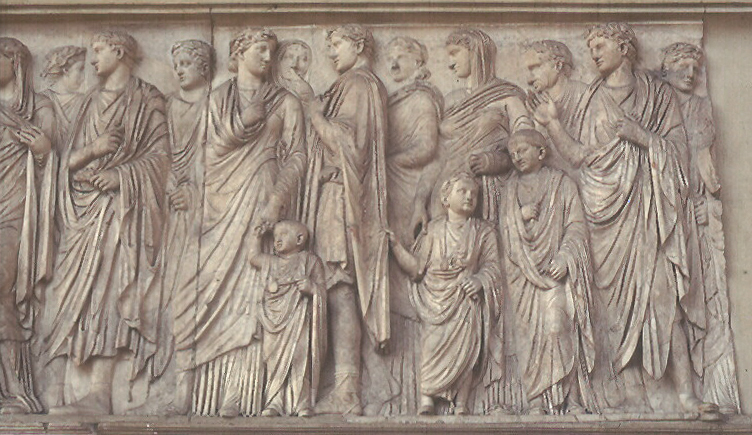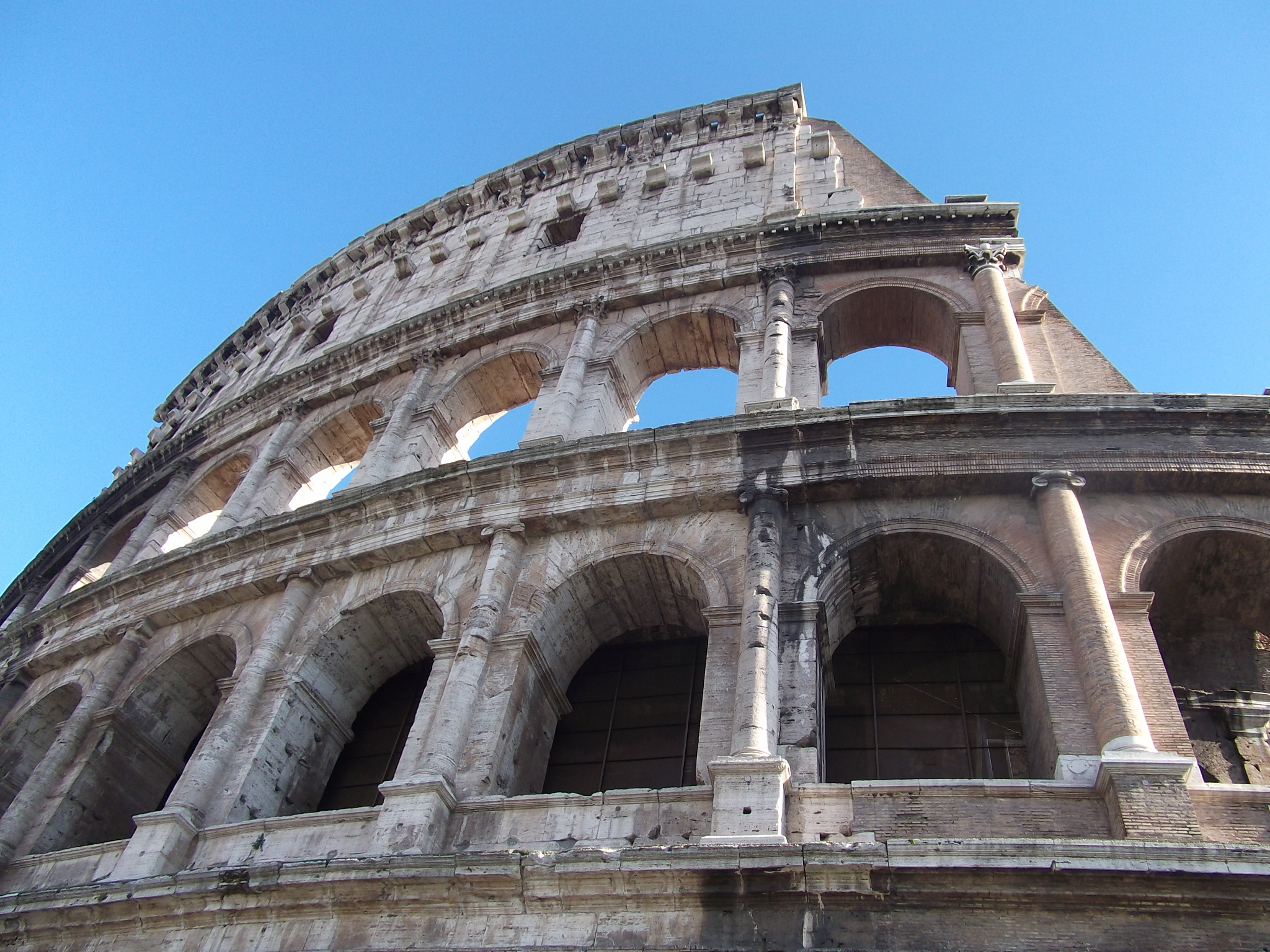6. Persuasion
Rhetoric
Along with grammar and logic, rhetoric is one of the three ancient arts of discourse. It played an important role in Greek and Roman urban societies. The art of persuading the audience with a political or a legal speech was an indispensable part of a young aristocrat’s education in Greece and Rome and had a relevant role in the life of an adult citizen aiming to pursue a political career in Athens and in Rome. As well as for the past, today rhetoric is still an indispensable tool for writers or speakers to communicate effectively and engagingly with their audience.
Interested in Rhetoric as an EPQ research project? Please click here.
Identity and power in Rome

Despite a transition from Republic to principate, the transformation of the Roman state did not reflect in a massive institutional change: despite losing in importance, the Senate was never abolished and the same titles and functions (the consulate, the pontificate and so on) were gradually hollowed of their role or simply assumed by the emperor himself. The relationship between the emperor and his subjects varied over the centuries, with some emperors promoting a relatively collaborative relationship with the Senate and others attempting a more authoritarian approach to Government. But one element that never changed in imperial policy was the huge investment in promoting the image of the emperor as the legitimate ruler, destined to rule thanks to his divine ascendance and to his ability to guarantee the never-ending expansion of the Roman empire, the complete subjugation of Rome’s enemies and the provision of food and entertainment to the masses of Rome.
Interested in Identity and power in Rome as an EPQ research project? Please click here.
Architecture of power in Athens and Rome
Architecture is the discipline that deals with planning, designing and constructing buildings. But architectural works are not just the results of skilful technical knowledge: they are also a cultural product of societies, reflecting values and ideas about status, identity and power. Looking at the way ancient societies developed monumental architecture can help our understanding of the role of architecture in our contemporary world.
Interested in Architecture of power in Athens and Rome as an EPQ research project? Please click here.

